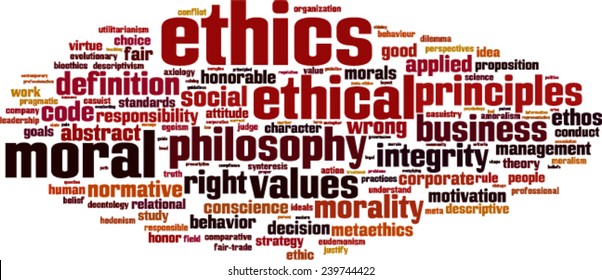 Open M-Th: 7:30am - 4:30pmF: 7:30am - 4:00pm
Open M-Th: 7:30am - 4:30pmF: 7:30am - 4:00pm Open M-Th: 7:30am - 4:30pmF: 7:30am - 4:00pm
Open M-Th: 7:30am - 4:30pmF: 7:30am - 4:00pmReader Response:
Socio-Economic:
Historical:
Gender:
Race:


Psychological:
New Criticism:
Spiritual:
Many of us are lazy readers. We avoid reading things that clash with our own beliefs, and we skip material that seems difficult. That’s why we often have a hard time mastering new information. When the going gets tough, our eyes simply glaze over.
Don’t believe me? See if you can read this entire page carefully, without once opening a new tab or visiting Facebook.
If you manage to do so, you’ll learn a few tips about how to read articles and books critically and effectively.
A lot of students skim through articles (books are too long), hoping to find just one or two quotations that prove that they’ve done research. That’s why so many quotations come from the opening one or two pages of an article (or worse, from the abstract!).
Cherry picking quotations leads to confirmation bias: the ideas of others are referenced only if they conform to one’s own perspective. In addition, the original author’s general argument is ignored in favour of a selective engagement with a specific point.
Do your best, then, to understand and discuss the author’s main thesis.
Don’t know a difficult word or concept? Look it up. Google it, use a reference work—do whatever it takes to get to the same level as the author.
Find the thesis quickly. Skim through the abstract and opening paragraphs and underline the main point(s). Then make sure you read everything else in relation to the central claim. Does the author make a convincing case?
Skimming is an art. A lot of critical work will be irrelevant to your research, and you don’t want to get bogged down in material that may be interesting, but slows you down.
So learn to read paragraphs as units. Determine quickly what the main point of the paragraph is, and then decide whether it’s immediately relevant. Don’t worry—you can always come back to it once you’ve mastered the more essential parts of the argument.
Watch out especially for paragraphs that summarize the current critical debate on the topic (the state of the field). Just like you, critics fill up space by quoting each other. Get a sense of the key issues and move on to the author’s own argument. You can always read the other people later.
It’s easy to get sucked into reading articles just because they’re on your topic, but if the argument is weak or uninteresting, don’t waste your time. You do not have to quote from every source you find!
In addition, ask yourself why the author is interested in this issue. Check out the author’s credentials and background, and try to understand what motivated him or her to write on this topic.
Scholars love theories and frameworks that help them make sense of information. They may even spend a lot of time explaining their methodology. It’s your job to see if the facts fit the theory, or if a different approach might be more productive.
Over time you will become more aware of different methodologies, and you’ll be able to spot quite quickly the school of thought that influenced the author.
While you should first pay attention to the author’s own argument, you can gradually zoom out and see how he or she engages with other critics. Does the author accurately represent the ideas of others? Is the tone constructive or antagonistic? Does the author quote only supporting views or is there some acknowledgment of opposing views?
As you expand your research, follow the chain of citations and read the author’s sources. Then come back to the text and re-evaluate it.
Don’t accept a single thing you read without skepticism. Even if the author cites sources in support, with a bit of research you might be able to find a study that disputes those findings.
So look for inconsistencies and weak arguments, and try to spell out the author’s implicit assumptions. Nevertheless, don’t make a mountain out of a molehill. Showing some charity in a critical debate demonstrates maturity and poise.
Master the text by taking notes. Underline, write in the margin, draw pictures, keep a notebook, make an outline—do whatever it takes to make sense of your reading. This will also help you write your essay, as finding the right quotation or reference will be much easier.
One useful strategy is to summarize the text in one or two sentences. This forces you to think about the entire argument. As a bonus, you might even incorporate the summary in your own essay in order to quickly capture the author’s thesis.
Reading strategically can save a lot of time and make writing the essay a more enjoyable experience. If you’ve already summed up the argument and underlined the most quotable passages, incorporating those ideas in your own writing will be a less daunting task.
Above all, think of reading secondary sources as participating in a conversation with others. As we listen attentively, and treat each other with respect, we can all grow and learn together.
https://natureofwriting.com/courses/essay-writing/lessons/doing-research-2/topic/reading-critical-sources-effectively/